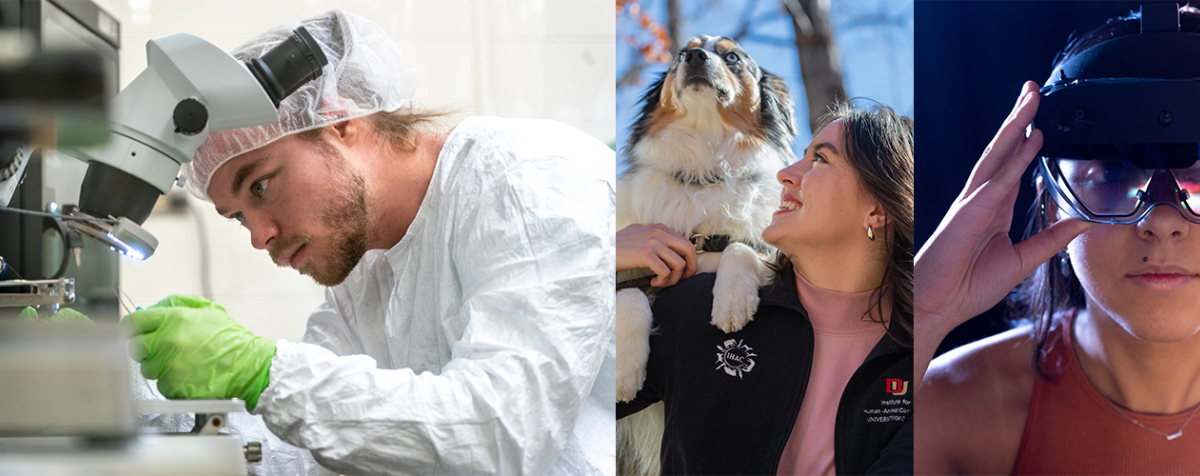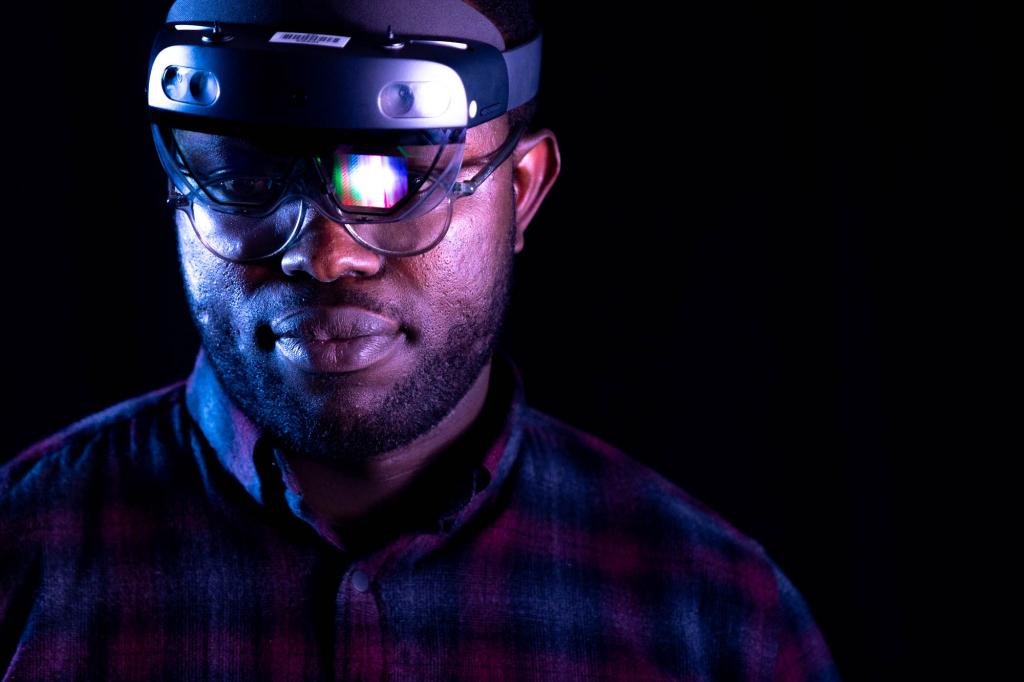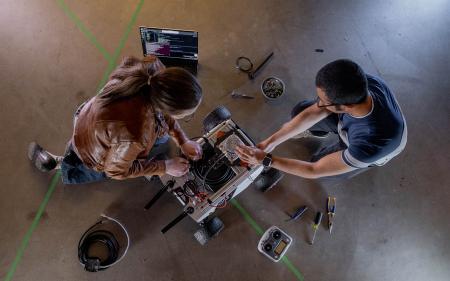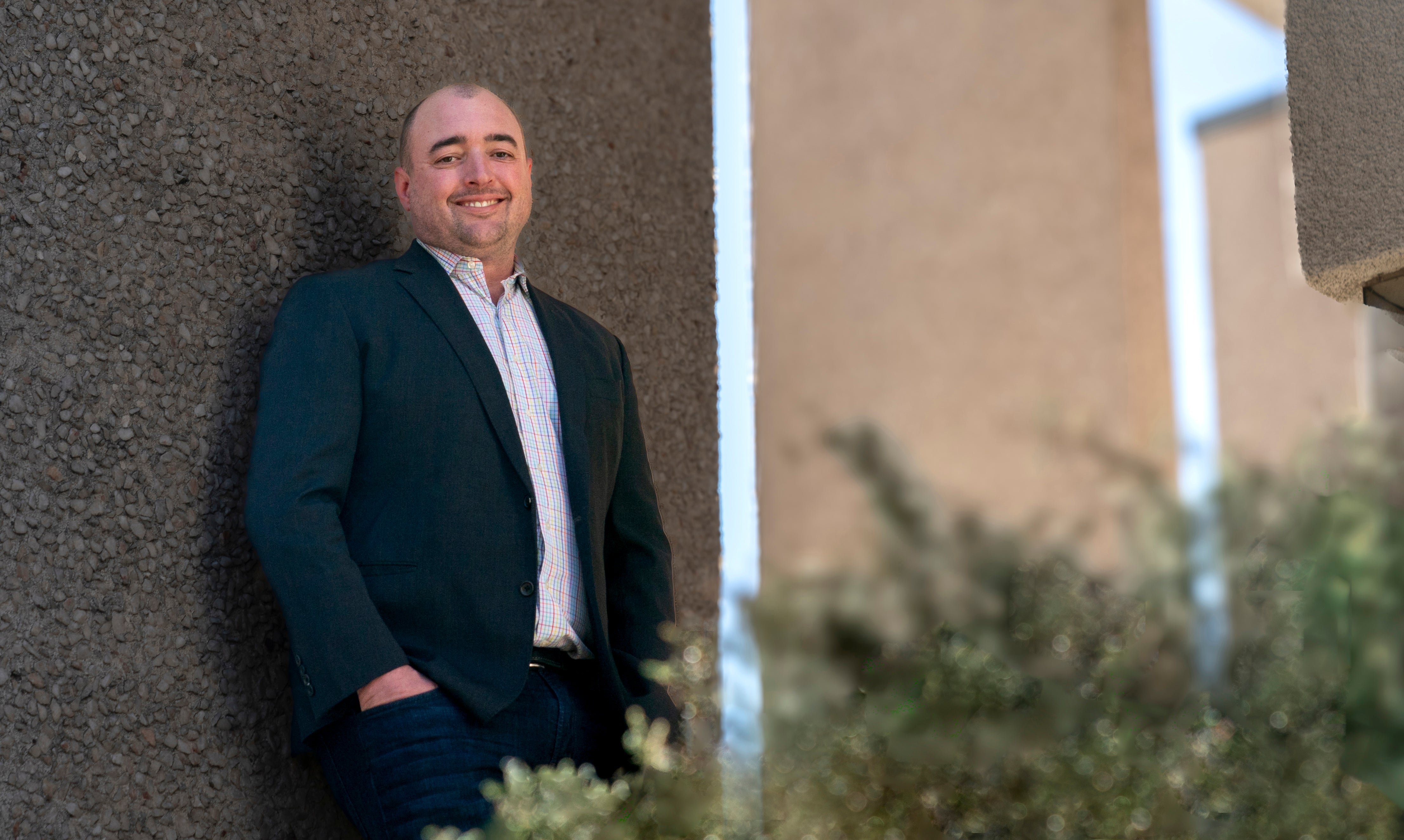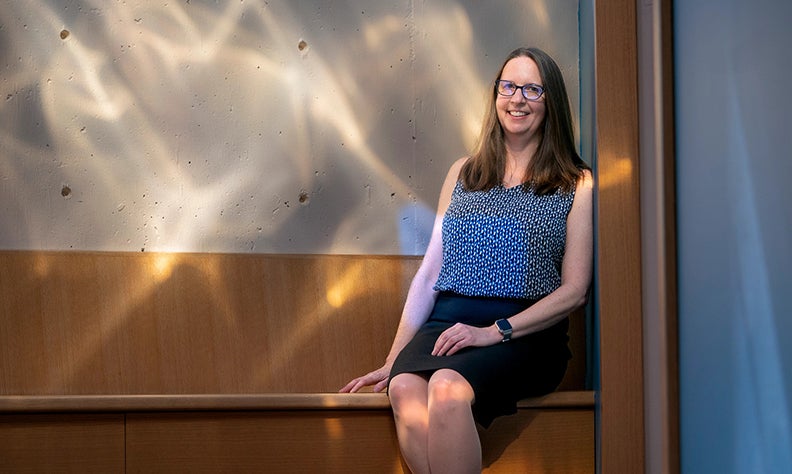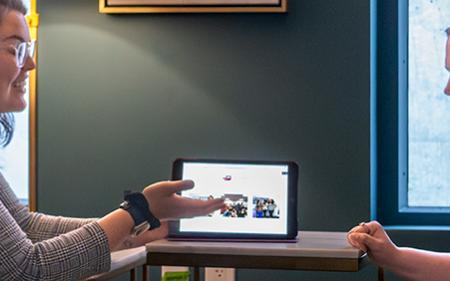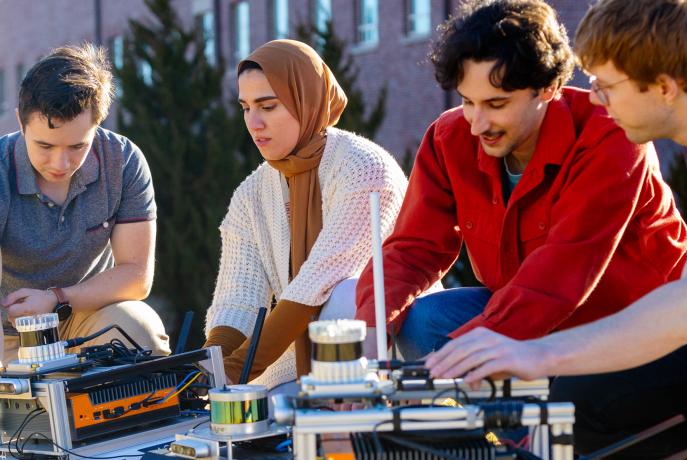
Meet five faculty members working at the cutting edge of AI—both studying the impact of the technology and using it to tackle real-world challenges across fields ranging from engineering and environmental science to education and social science.
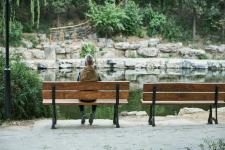
DU professor Tyrone Hamler argues that loneliness among dialysis patients is not only an emotional concern but a clinical one—and offers recommendations for how social workers can help address it.

Removing parking requirements for new buildings could help thousands of Coloradans who struggle to afford housing.

The University of Denver psychology professor explains what we can—and can’t—learn from the popular reality TV show.

At DU, research doesn’t have to wait until grad school. Learn how to join faculty-led projects, apply for grants, and turn your interests into real-world impact.

We are back! Just in time for the start of the fall quarter, we are reviving our Research Matters blog to bring you the latest information and updates from DU’s IRB. We want to keep the conversation going with news about reviews and tools you can use. If there’s a topic you want to hear more about, email us at IRBAdmin@du.edu.

We tracked every overseas trip by world leaders since the end of the Cold War – here’s what we found
Donald Trump’s return to the White House has so far seen the U.S. president travel to foreign lands to sign billion-dollar deals, attend lavish royal welcomes and attempt to forge elusive peace agreements amid conflicts and crises.








